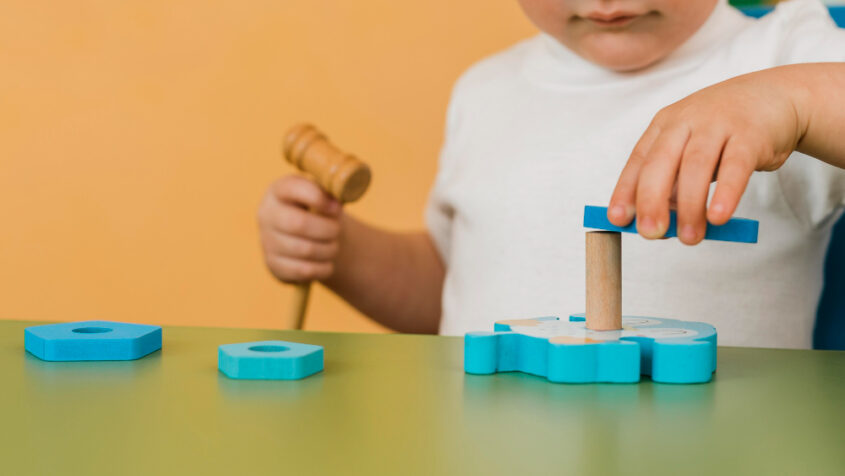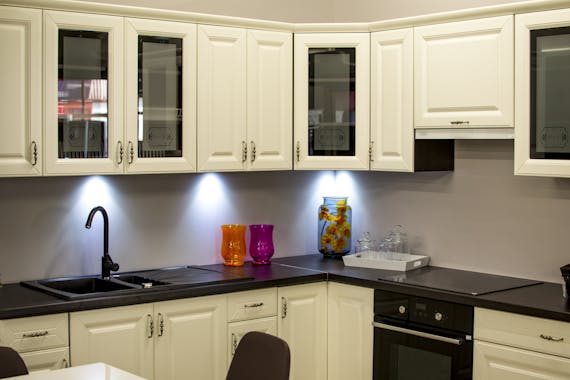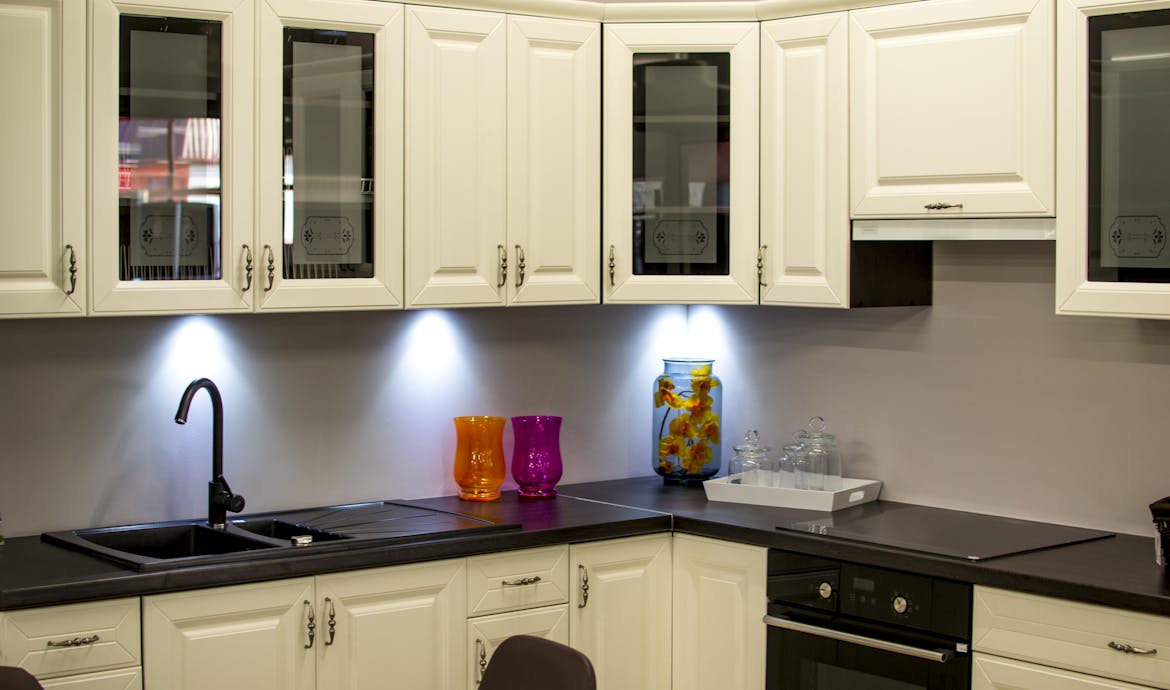Playtime Lessons: Why Play Resources Are the Best Teachers for Toddlers

Play is an essential component of a child’s development, and the right play resources can serve as valuable teaching tools. So, this article will explore the importance of play in early childhood education and how play resources, such as educational toys for 3 year olds, offer unique opportunities for toddlers to learn and grow. From fostering creativity and imagination to developing cognitive, social, and motor skills, playtime lessons provide a solid foundation for a child’s learning journey.
Hands-On Learning: Engaging the Senses
Play resources, including educational toys, provide hands-on learning experiences that engage a child’s senses. Toddlers can touch, manipulate, and explore different textures, shapes, and colours. These sensory experiences stimulate their curiosity and help them make vivid connections with the world around them. Whether it’s stacking blocks or pouring water on a sensory table, interactive play resources encourage active exploration and sensory development.
Cognitive Development: Building Problem-Solving Skills
Playtime offers ample opportunities for toddlers to engage in problem-solving and critical thinking. Educational toys are designed to challenge and engage young minds and promote cognitive development. Puzzles, building blocks, and shape sorters encourage toddlers to use their problem-solving skills to find solutions. As such, through trial and error, children learn to analyse, strategise, and make connections, fostering cognitive growth and the development of logical reasoning abilities.
Language and Communication Skills: Enhancing Verbal and Social Abilities
Play resources provide an ideal setting for toddlers to develop and enhance their language and communication skills. Whether engaging in imaginative play with dolls and puppets or participating in group activities with other children, toddlers learn to express themselves and interact effectively. Role-playing and engaging in pretend play scenarios encourage language development, vocabulary expansion, and the comprehension of social cues.
Social and Emotional Development: Nurturing Empathy and Cooperation
Playtime lessons offer valuable opportunities for toddlers to develop essential social and emotional skills. Through play, children learn to understand and express their emotions, develop empathy, and navigate social interactions. Activities like sharing toys, taking turns, and playing cooperatively with peers teach toddlers about collaboration and building relationships. Educational toys that encourage cooperative play, such as board games or building sets, provide a foundation for positive social development.
Motor Skills: Enhancing Physical Coordination
Play resources play a significant role in developing and refining a toddler’s motor skills. Fine motor skills, which involve precise movements of the hands and fingers, can be honed through activities like building with blocks, puzzles, or using art materials. Gross motor skills involving larger movements of the body can be strengthened through active play, such as running or riding a tricycle. Playtime lessons also support the development of balance, strength, and spatial awareness.
Creativity and Imagination: Unleashing the Power of Play
Play resources unleash the boundless creativity and imagination of toddlers, fostering their cognitive and emotional development. Open-ended play materials like building blocks, art supplies, and pretend play props encourage children to explore and invent. As they engage in imaginative play scenarios, toddlers develop storytelling abilities, problem-solving skills, and abstract thinking. Educational toys that promote creativity provide toddlers with a platform to express themselves and develop their unique identities as they navigate the world around them.
In conclusion, play resources serve as powerful teaching tools that contribute significantly to a toddler’s growth and development. Through hands-on learning and communication opportunities, social interactions, and physical engagement, playtime lessons provide a holistic learning experience. As such, investing in educational toys for 3 year olds ensures that children have access to age-appropriate resources that foster creativity and skill development. So, let’s celebrate the power of play and embrace the invaluable lessons it offers to toddlers.









Comments are closed.